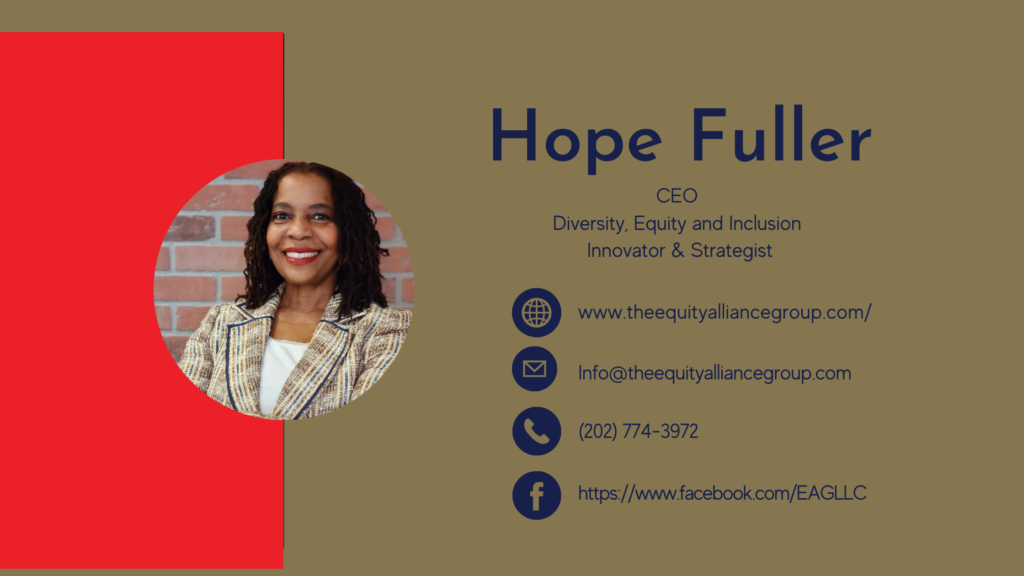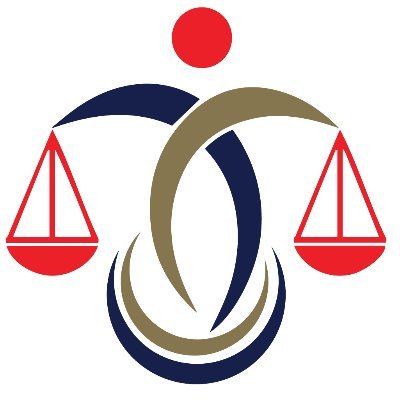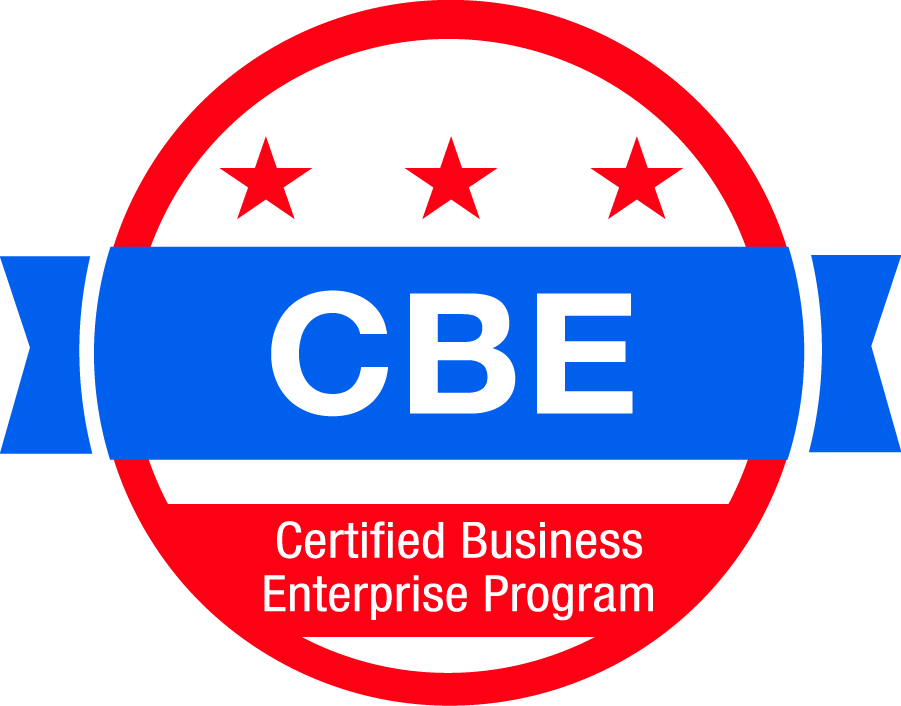Having worked in Equal Employment Opportunity (EEO) and Diversity, Equity, and Inclusion (DEI) for over a decade, I’ve experienced unique and multi-layered challenges that have continuously expanded my perspective on DEI issues and often necessitated thoughtful, inclusive solutions. Each situation has had distinct nuances, causing me to analyze existing norms, question ingrained biases, and confront complex or uncomfortable realities surrounding diversity, equity, and inclusion. Although these complexities have been taxing, they have significantly shaped my approach to DEI, offering invaluable learning opportunities and prompting profound personal and professional growth in this field.
Here are five of my most significant insights:
1. DEI is often perfunctory: Unfortunately, many organizations view DEI initiatives as mere box-checking exercises rather than substantive commitments. The surface-level implementation of DEI efforts usually requires more deep-rooted changes in attitudes, systems, and behaviors to truly nurture an inclusive and equitable environment.
2. Those in positions of power are not trying to give it up: Power dynamics within organizations often pose a barrier to the effective implementation of DEI initiatives. Those who hold power may fear that such initiatives could threaten their position or status, leading to resistance and a lack of genuine support for change.
3. Willful ignorance plays a key role in suppressing DEI: Many people may consciously overlook or downplay the importance of DEI issues, perhaps because they feel uncomfortable or simply because they lack understanding. This deliberate ignorance can be a significant obstacle to the advancement of DEI.
4. Typically, people only care about the DEI issues that directly impact them: It’s human nature to be primarily concerned with issues that directly affect us. However, for DEI initiatives to succeed, everyone must recognize the value of diversity, equity, and inclusion, regardless of their experiences or background. Empathy and understanding are essential.
5. Changing ingrained beliefs and biases requires more than an occasional 1-hour workshop, but continuous, long-term effort: Raising awareness and offering training are valuable first steps, but addressing deep-seated biases and prejudices is a long-term endeavor. It requires consistent efforts and the willingness to challenge and change entrenched mindsets.
It can be daunting when I am confronted with these realities. However, I know that change is not only possible but achievable, especially when efforts are intentional. The key to success in EEO and DEI is consistent, thoughtful, and authentic commitment. My journey to help facilitate equity, inclusion, and belonging for the organizations I support has been challenging. Still, each small step forward is a victory, contributing to a more inclusive, equitable, and diverse world. As we continue to learn and evolve, we can find hope in our collective ability to grow, change, and foster an environment where everyone has the opportunity to thrive.
#Diversity
#Belonging
#ThoughtLeadership
#TheEquityAllianceGroup
#Inclusion
#IntentionalDEI








Comments are closed